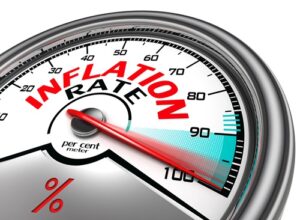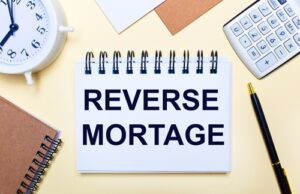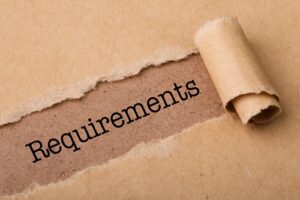
A reverse mortgage is an option for homeowners who want to tap into their home equity without making monthly mortgage payments. Since many people are unfamiliar with how these loans work, it’s important to understand the process, eligibility requirements, and repayment terms.
While government-backed programs exist, there are also proprietary options that offer different benefits. Because of this, knowing the details can help you make an informed financial decision.
How a Reverse Mortgage Works
A reverse mortgage allows homeowners to convert part of their home equity into cash and still living in the home. Instead of making payments to a lender, the loan balance gradually increases as interest accrues. However, homeowners remain in control of their property and do not have to repay the loan until they move out, sell the home, or pass away.
One key advantage is that borrowers are not required to make monthly principal or interest payments. Instead, the loan is repaid when the home is sold. Additionally, if the loan balance exceeds the home’s value, heirs are not responsible for the shortfall. Because of the loan structure, homeowners can access funds without worrying about traditional loan repayment obligations.









